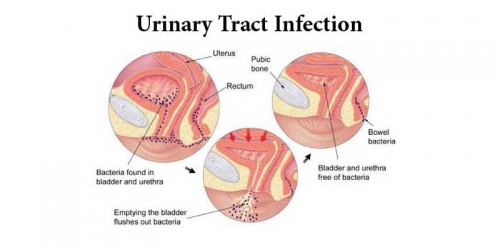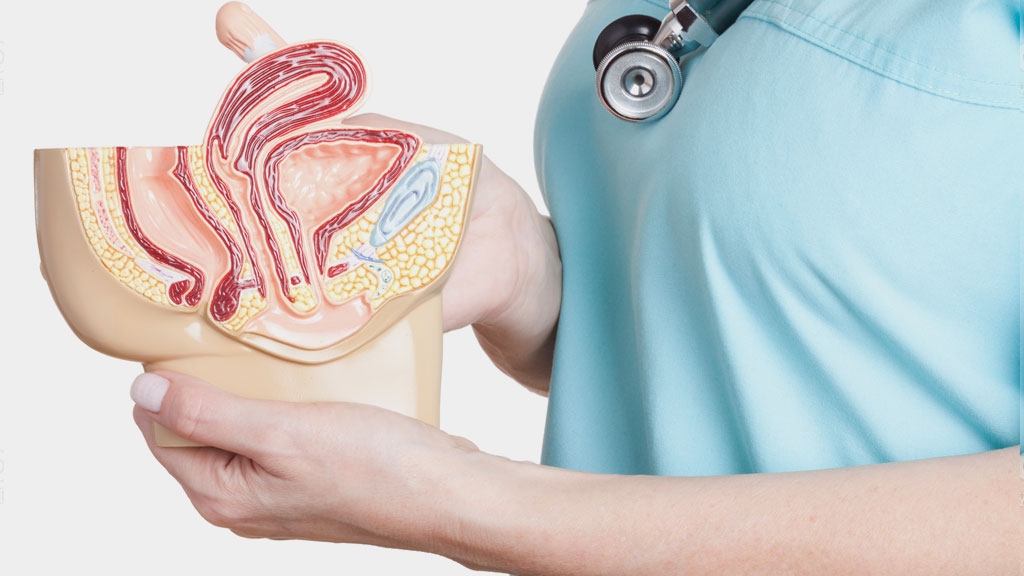
Woman Urology
Woman Urology When it comes to urology, many people assume that it is a field that primarily deals with male reproductive and urinary health. However, urology also plays a critical role in women's health. Urology is the branch of medicine that focuses on the diagnosis and treatment of conditions related to the urinary tract and the reproductive system.
What is Woman Urology:
Women's urology, in particular, deals with conditions that affect the bladder, urethra, kidneys, and reproductive organs in women. In this article, we will discuss some of the most common conditions affecting women's urology and the various treatment options available.
Anatomy of the Female Urinary System:
Before we dive into the various conditions, it's important to understand the anatomy of the female urinary system. The female urinary system consists of two kidneys, two ureters, the bladder, and the urethra. The kidneys are responsible for filtering waste products from the blood and producing urine.
The urine travels from the kidneys to the bladder through two narrow tubes called ureters. The bladder is a muscular sac that stores urine until it's ready to be eliminated from the body. The urine then leaves the body through the urethra, a tube that connects the bladder to the outside of the body.
Common Conditions Affecting Women's Urology:
- Urinary Incontinence: Urinary incontinence is a condition that causes involuntary leakage of urine. This condition is more common in women than in men, and it can be caused by several factors, including weakened pelvic muscles, nerve damage, and hormonal changes. There are several types of urinary incontinence, including stress incontinence, urge incontinence, and overflow incontinence.
- Urinary Tract Infections: Urinary tract infections (UTIs) are infections that occur in any part of the urinary system, including the bladder, urethra, and kidneys. UTIs are more common in women than in men due to the shorter length of the female urethra, which allows bacteria to enter the bladder more easily. Symptoms of UTIs include frequent urination, burning sensation during urination, and pain in the lower abdomen.
- Interstitial Cystitis: Interstitial cystitis (IC) is a chronic condition that causes inflammation of the bladder wall. The exact cause of IC is unknown, but it's believed to be related to a defect in the bladder lining or an autoimmune disorder. Symptoms of IC include pelvic pain, frequent urination, and pain during sexual intercourse.
- Pelvic Organ Prolapse: Pelvic organ prolapse occurs when the pelvic muscles become weakened, causing the pelvic organs (bladder, uterus, or rectum) to drop into the vagina. This condition is more common in women who have given birth vaginally, but it can also be caused by menopause and aging. Symptoms of pelvic organ prolapse include pelvic pressure, discomfort, and urinary incontinence.
Treatment Options for Women's Urology Conditions:
- Behavioral Therapy: Behavioral therapy involves making lifestyle changes to manage the symptoms of urological conditions. For example, pelvic floor exercises can help strengthen the pelvic muscles and reduce urinary incontinence. Bladder training can also help reduce urinary incontinence by teaching patients to delay urination and gradually increase the time between urination.
- Medications: Several medications are available to treat urological conditions. For example, antibiotics can be used to treat UTIs, and anticholinergic medications can be used to reduce the frequency of urinary incontinence.
- Surgery: In some cases, surgery may be necessary to treat urological conditions. For example, surgery may be required to repair a pelvic organ
Woman Urology How To Find Out The Urology Consultants?
If you are experiencing symptoms related to women's urology, it's important to seek medical attention from a qualified healthcare provider. In most cases, your primary care physician can refer you to a urology specialist, but there are other ways to find a qualified urology consultant. Here are some steps you can take to find a urology consultant:
- Ask for Referrals: If you have friends or family members who have experienced similar symptoms or conditions, ask them for recommendations for urology consultants. You can also ask your primary care physician or gynecologist for referrals.
- Check with Your Insurance Provider: If you have health insurance, check with your insurance provider to see if they have a list of approved urology consultants in your area. This can help ensure that you find a consultant who is covered by your insurance.
- Use Online Resources: There are several online resources that can help you find qualified urology consultants in your area. The American Urological Association (AUA) has a "Find a Urologist" tool on their website that allows you to search for urology consultants by location and specialty. Healthgrades and ZocDoc are also useful websites that allow you to search for healthcare providers by location and specialty.

- Check Credentials: Once you have a list of potential urology consultants, it's important to check their credentials and experience. You can do this by checking their website, or by contacting their office to ask about their qualifications and experience.
- Schedule a Consultation: Once you have found a urology consultant that meets your criteria, schedule a consultation to discuss your symptoms and treatment options. During your consultation, be sure to ask any questions you may have and discuss your concerns with the consultant.
If you want to get amazing benefits by using this link
Conclusion:
In summary, finding a qualified urology consultant for women's urology can be a process, but there are several resources available to help you find the right consultant for your needs. By asking for referrals, checking with your insurance provider, using online resources, checking credentials, and scheduling a consultation, you can find a consultant who can help you manage your symptoms and improve your overall urological health.


